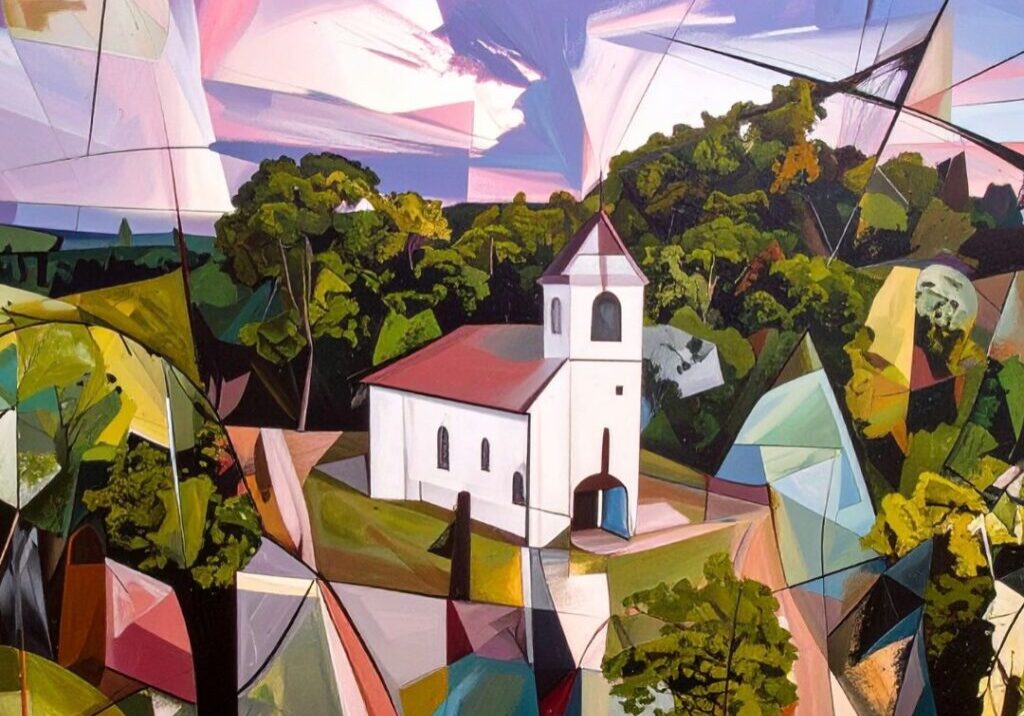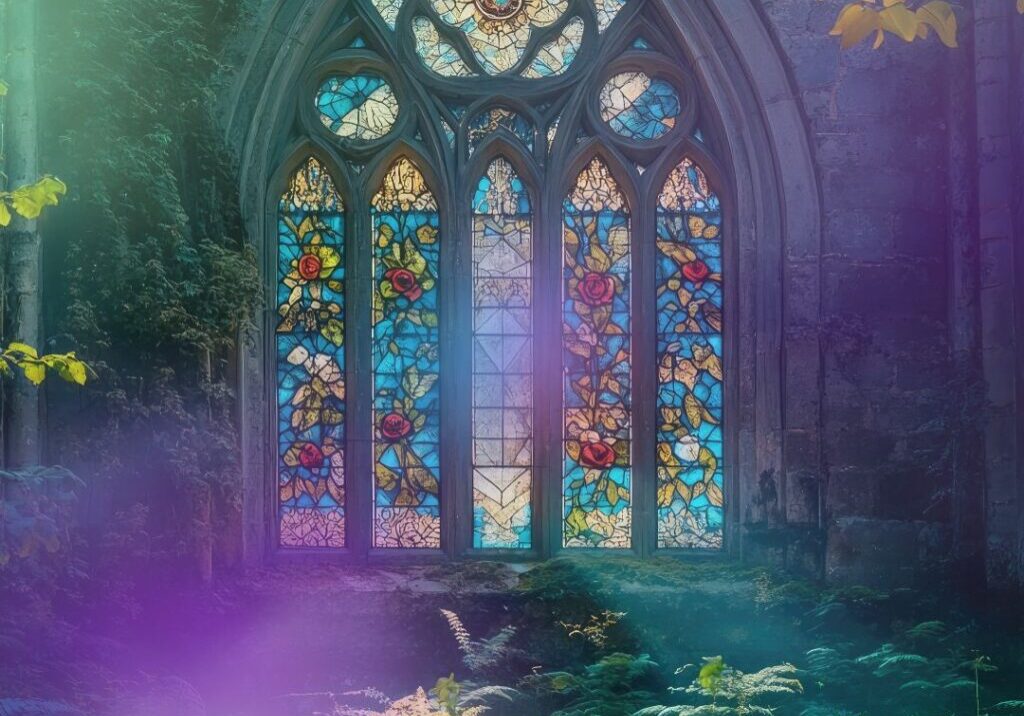A Hunger For Wholeness
The following is an excerpt from the concluding chapter of Ilia Delio’s forthcoming book A Hunger for Wholeness: Soul, Space, and Transcendence, available April 2, 2018.
We have the capacity to wrap the Earth with a new mantle of compassionate love and peace. But do we have the vision? Can we imagine a new world rising up from the ashes of the old? Teilhard’s vision of planetization and ultrahumanism is not a naïve optimism; it is born out of suffering love, a conviction that God is in the midst of our darkness, and that divine light is shining through the unknown of our fears. God will not tell us what to become but God asks us, What do you want to become? Our main work must now shift to the inner universe, to discover the vast layers of consciousness and the creation of new space. We do not know what a new consciousness might look like or how it will be enacted in the lived experience. But we must begin to take one step at a time, beginning from the inside, and discover the new creature. Bruteau writes, “An entire attitude, mind-set, way of identifying self and others and perceiving the world has to shift first, before any talk of economic, political, and social arrangements can be anything but premature, useless, and possibly dangerous.” The burden of our future is on us, and our task today is to surrender ourselves to the power of Divine Love. This is the heart of the gospel message: if we want a different world, we must become a different people.
 Ilia’s new book A Hunger for Wholeness: Soul, Space, and Transcendence can be pre-ordered, for official release on April 2, 2018. Here is the book overview:
Ilia’s new book A Hunger for Wholeness: Soul, Space, and Transcendence can be pre-ordered, for official release on April 2, 2018. Here is the book overview:
Jesuit scientist Pierre Teilhard de Chardin, a keen observer of nature, posited two types of energy in the universe: tangential energy/energy of attraction and radial energy/energy of transcendence in other words, love and consciousness, which correspond to the inner and outer dimensions of nature, respectively. Moreover, as theologian Ilia Delio points out, nature is never at rest; indeed, Nature [is] on a continuous trajectory of transcendence. The Big Bang universe is a story of space but it is also a story of consciousness and love. The author builds not only on the thought of Teilhard and others but also on the findings of quantum physics to deliver a thought-provoking, deeply insightful reflection on the relationship of God, humanity, and nature in an ever-evolving cosmos.
 View print-friendly version
View print-friendly version
2 Comments
Related Posts

Beyond Violence: The Path Through Grief to Spiritual Evolution
The recent shooting at Annunciation School in Minneapolis continues to haunt our collective consciousness. While the news cycle moves forward—with yet more senseless acts of political violence—the Annunication tragedy leaves…


Etty Hilesum wrote: each of us must turn inward and destroy in himself all that he thinks he ought to destroy in others. Personally, working on this seems like the task at hand; doing so is a real contribution I can make to the world at this time.
Some technological visionaries hold the view that the next couple of centuries are the most critical in human existence. We are developing technologies that have the potential to either destroy ourselves, or to facilitate the destiny of consciousness, being and love that Teilhard articulated in his Omega vision. I see the effort to reign in my own destructive impulses, my own hatreds, as serving this vision.
hello, am very delighted to come into contact with you.i have jus finsihed to read two of your books; L’humilité de Dieu et la prière Franciscaine and the reflection is vrey enriching. thanks so much and may the lord give you his peace. fr.